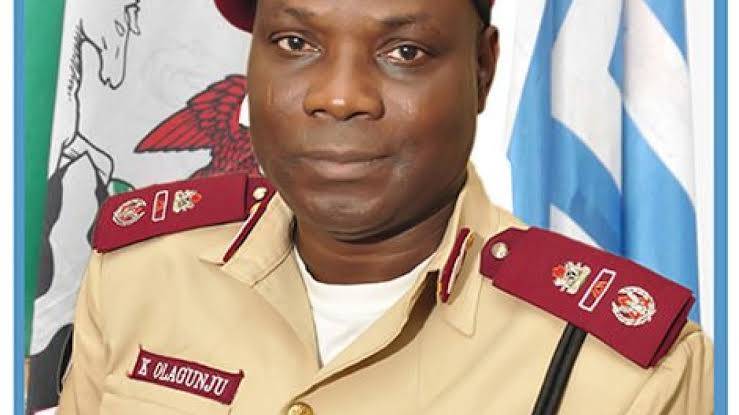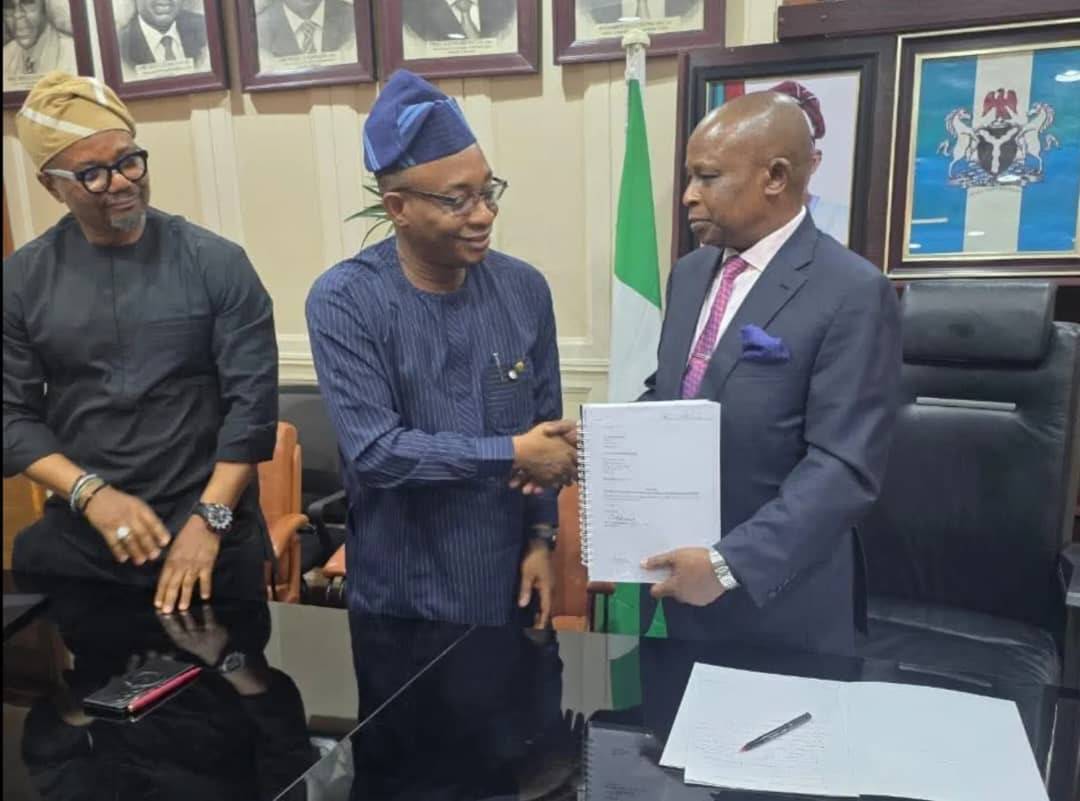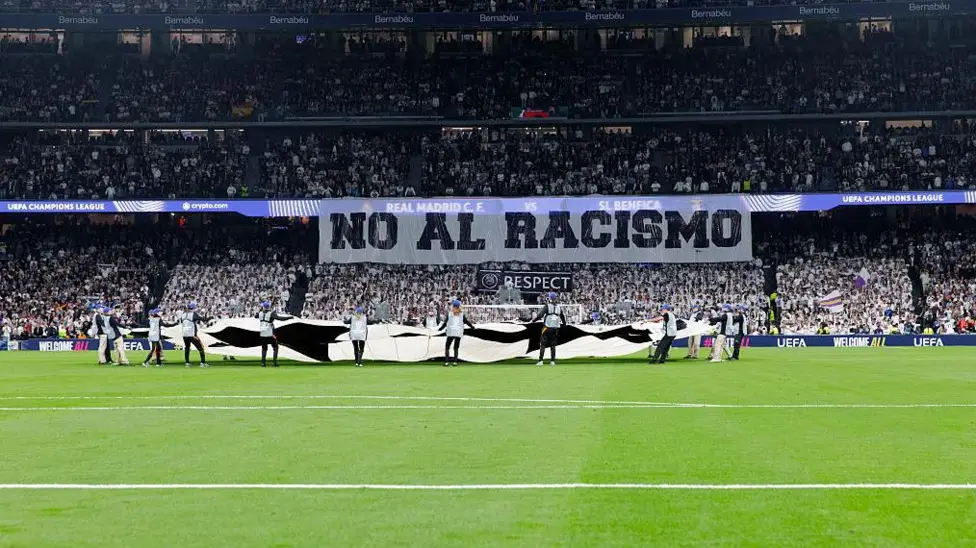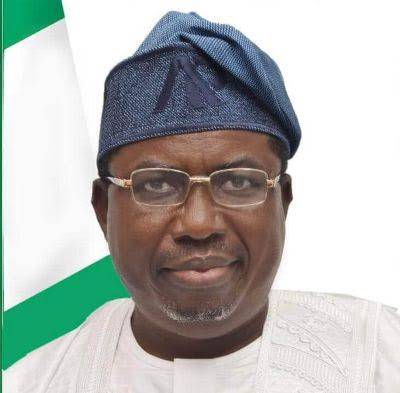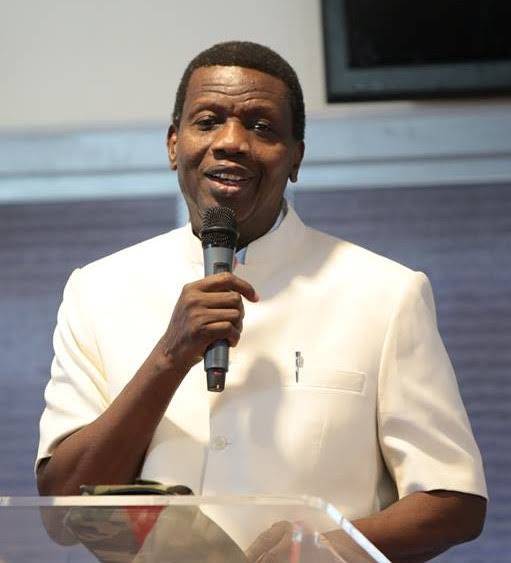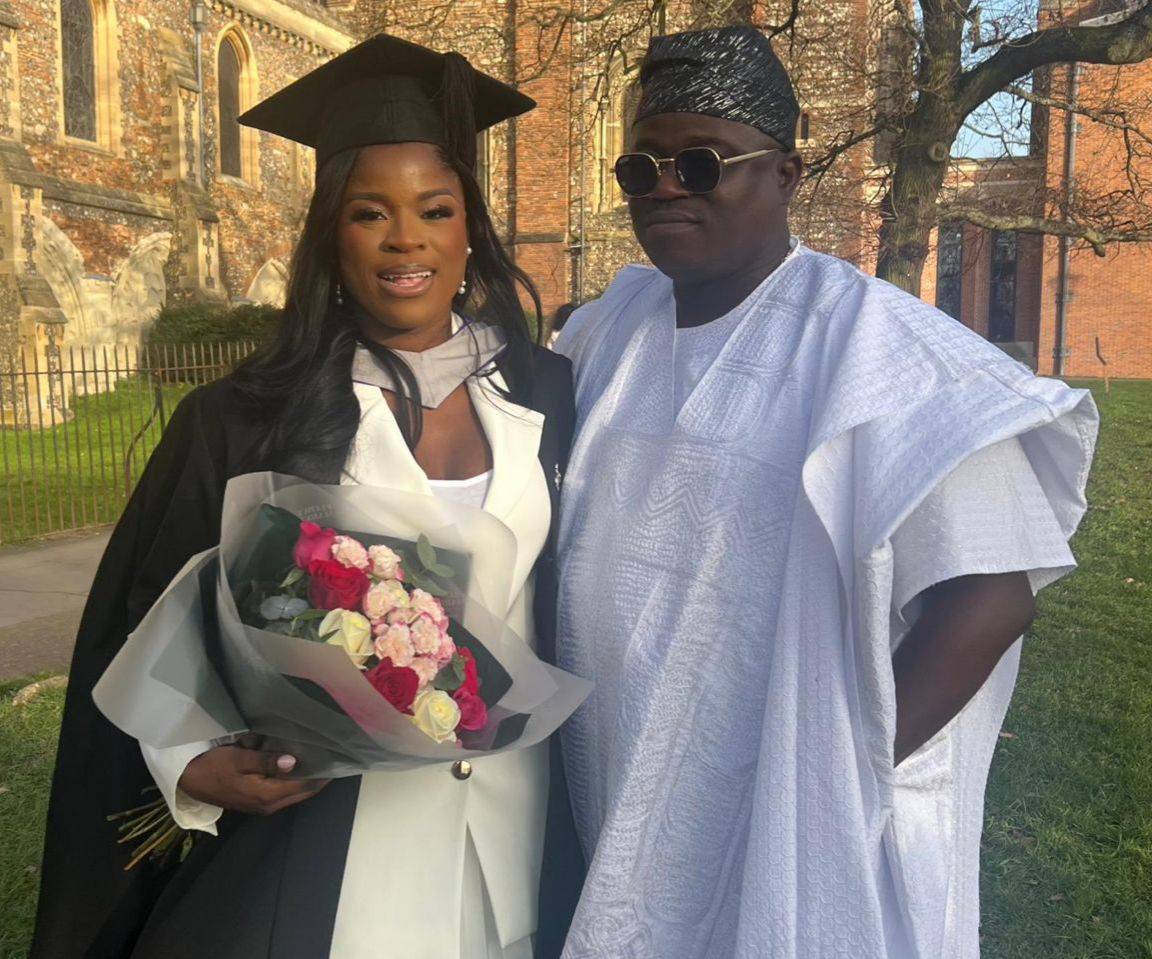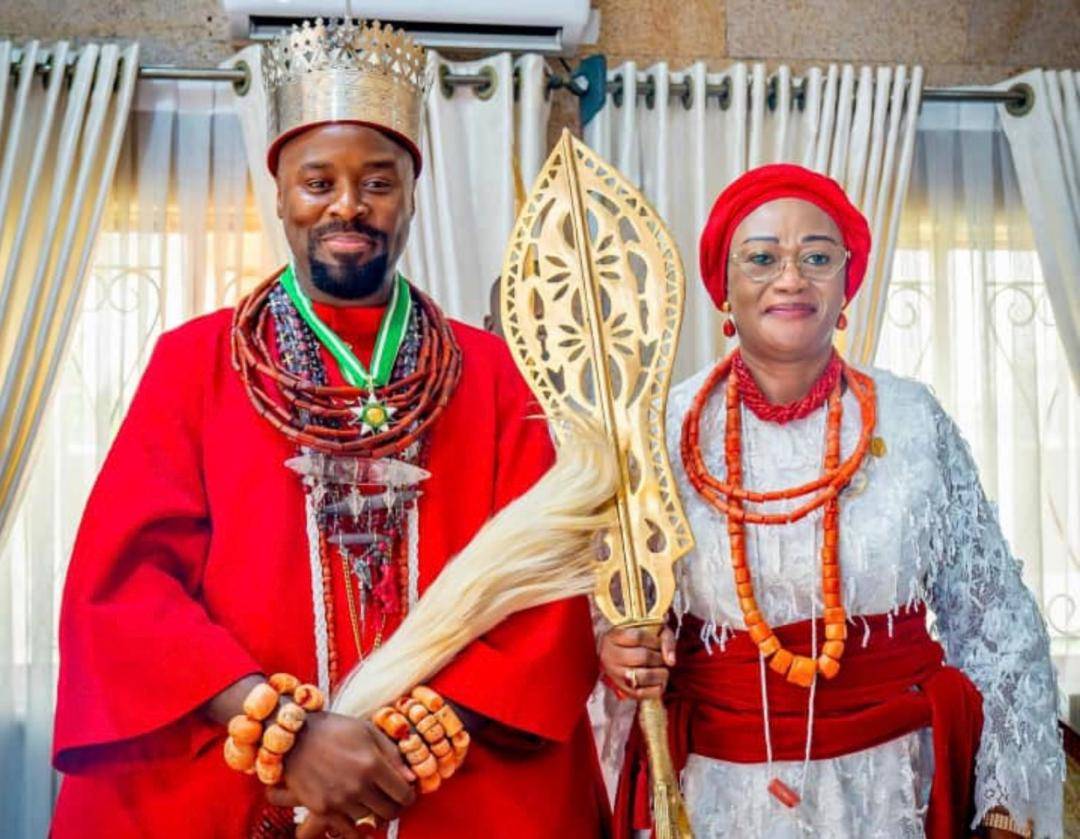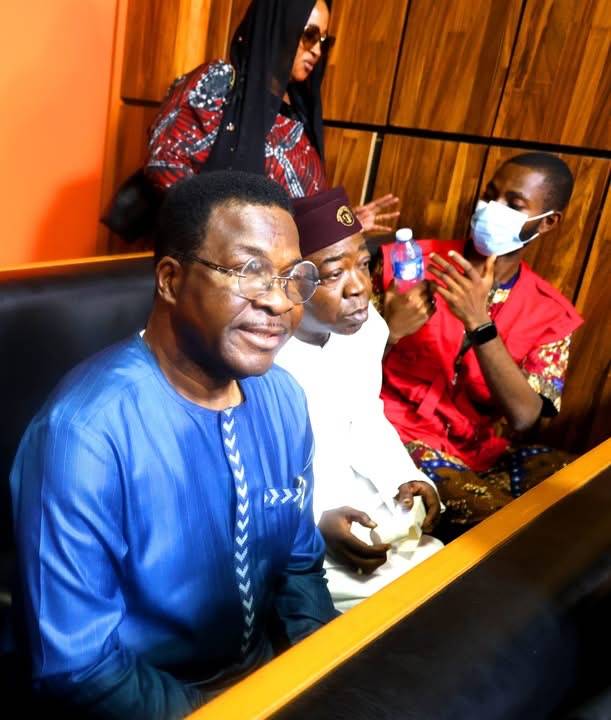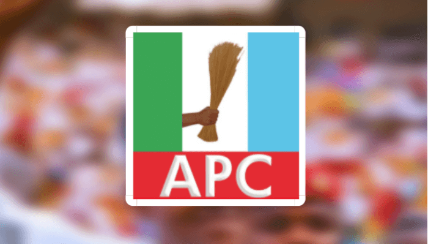By Tatalo Aremu
On the need for a more equal society
For a brief moment in the past fortnight, Nigeria lurched from one corner of the ring to the other like a punch-drunk heavyweight boxer looking for relief either from the referee or his own corner. The entire nation was about to be immolated in a social inferno entirely of its own making. Mercifully, the worst of the crisis seems to be over. Things have abated. The combustion, like all unstructured outrages, has consumed itself. Once again and for the umpteenth time, Nigeria’s legendary luck has intervened and the crisis seems to have receded, despite the subsisting anger and grief in many quarters, particularly in a sullen and angry north.
No one can be sure how long the current reprieve or remission will last. It will be foolish to imagine that the forces of annihilation have taken a permanent bow from our crisis-suffused polity. In all likelihood, things will erupt again once the hostile forces have gathered enough strength and momentum to try their luck. It is a relentless siege against rationality and organic nationhood. We have been papering over the widening cracks and as the cracks continue to widen, the paper seems to have lost its adhesive capacity to unrelenting adversity. The patch-patch structure that has held the nation together in a state of precarious exigency has reached a stage of terminal stress.
It would be equally foolish to think that the current administration will remain unaffected by the dramatic turn of events. President Tinubu has had his baptism of fire. Things are unlikely to be the same again. In order to effectively forge ahead, the former senator will need fresh votaries and new allies in the herculean drive to stabilize the nation economically and politically. Much will also depend on elite willpower and visionary drive. There is only so much a government—or any government at all– can do to re-engineer a society in the absence of elite amity.
Some analysts observing the strange behavior of the dominant ethnic formations in the country during the last upheaval came to the interesting conclusion that Nigeria might have restructured itself with a natural and neat precision without any fuss or fanfare. As proof, they point at the widely divergent attitude of the various sections of the populace as the crisis unfurled. While the north dissolved into a maelstrom of violence and looting, a weird somnolence and sheer apathy took hold in the east as the old western region, the former epicentre of civil rebellion and insurrection, witnessed a few hesitant and uncoordinated protests which soon petered out.
It will be profoundly mistaken and intellectually remiss to view these developments as signs of natural reconfiguration. They are symptoms of national distress and instances of collective distancing and dissociation from the Nigerian project. The flagging off of Russian flags, the looting and vandalization of government property and the open calls for military intervention by wanton youth and assorted hobos and yokels are the hallmark of a hegemonic formation at the end of its tether and a feudal society in the grip of terminal disorder. It is to be noted that given the current mood of mutual hostility and bitter resentment in the country, were central authority to give way at this moment, the endgame is likely to be characterized by a genocidal frenzy and apocalyptic bloodletting more reminiscent of old Yugoslavia than Czechoslovakia.
President Tinubu has his work cut out for him. The next few months will test his capacity to keep the nation together and working. His legendary political skills and adroit footwork will face a stiff test. In the rally for the presidential sweepstakes, he proved particularly adept at outthinking and outmanoeuvring his opponents. Whether this will be enough to dissuade a restive and recalcitrant elite group from setting the national edifice ablaze remains to be seen.
So in the long run a lot will depend on elite capacity to forge a consensus about the way out of the economic, political and spiritual morass that has plagued the country for so long. But it is also obvious that elite unanimity cannot be procured at the expense of social and political justice without severe repercussions. Elite consensus in Nigeria is permanently undermined by elite criminality and political delinquency. Even where you manage to plug the loopholes and the gaping holes of massive looting, you cannot ask elite criminals who have contributed to the economic adversity of the nation to take a bow and go while piling the load of retribution on the poor and needy without inviting a social calamity.
Tinubu is socially smart and politically savvy enough to spring this trap of a perilous confrontation with the highly inflammable lower classes that have already sniffed blood. The president’s body language and actual language suggest that it is a risk he is willing to take, hoping and gambling that before long the fruits of his reforms would have kicked in to douse the social and economic tensions. But this is like attempting to square a circle, for it ignores the possibility and prospects of elite sabotage in a fractious, multi-ethnic and multi-religious conglomeration.
Let us see how one of the remarkable Scandinavian countries solved this issue. Looking at a king’s mouth, no one would ever imagine that he once suckled at his mother’s breasts. The contemporary consensus is that Norway is a peaceful, prosperous and well-governed country. But up till the first decade of the last century, Norway was a backward deeply feudal society ruled by superstitions and retrogressive norms.
That was when its elite got together in a pan-Norwegian concert insisting that their beloved nation cannot negotiate modernity on such outmoded and reactionary terms. They were not driven by radical malice which is often the bane of revolutionary social justice, but by the imperative of a more egalitarian society. They have never looked back.
Today, in terms of social cohesion, national prosperity and feel-good factor, Norway is a recreated nation ahead of USA, Britain and France. This has been possible because Norway is a homogeneous country, linguistically, culturally and religiously speaking. It is easier to reach consensus in such a holistic entity than in fractured and fractious colonial nations bristling with mutually unintelligible ethnic groups.
On a lighter note, but which is equally revealing. When the Dutch people after their war of liberation decided to settle for a royal family to reign over them they went for the family of a leading resistance fighter and installed them as their new royalty. No royalty anywhere in the world is more restrained, more people-friendly and progressively oriented than Dutch kings and queens. They knew where they are coming from and the provenance of their royal ascendancy. As Napoleon Bonaparte would cheekily put it: “ a throne is only a bench covered with damask”.
Perhaps then this is as good as any other place to say a word or two about ideology and its role in the affairs of human beings. Ideology matters most in governance. It determines the structure and format of government as well as its outlook. Even when a person or a group say their position is non-ideological, that is an ideological position and most likely a complicity or collusion with the status quo. Readers of this column would have noticed an unwavering hostility and deep aversion to neoliberal economic fundamentalism and its IMF/World Bank prescriptions which have seen to the ruination of many developing nations.
This columnist belongs to the liberal left, particularly its open, forward-looking non-sectarian segment. This position has not changed. Having been in the trenches since the age of fifteen, yours sincerely is not about to commit ideological suicide. The real issue with the Bretton Wood institutions is a lack of political wisdom and a deficit of emotional intelligence which has made it impossible for their chief priests to identify with the plight of the ordinary people in Third World who have been forced to bear the brunt of the callous mismanagement of their national patrimony.
As a consequence of this background of social injustice and political inequity, economic deregulation often requires harsh political regulation to maintain its order, leading an unsuspecting society headlong into the arms and embrace of military despotism or civilian autocracy. The cost of administering economic shock therapy on fragile societies with a weak social fabric can be ruinous if not prohibitive. For brittle colonial nations bristling with multi-ethnic animosities the tradeoff for the modest gains can be apocalyptic political and social upheavals and mutual baiting by ethnic groups which does not conduce to social harmony or organic nationhood.
Creating a zone of affluence in circumstances of bewitching poverty or a new breed of billionaires in a condition of appalling deprivation will produce a toxic effluence which can overwhelm the entire society. Nigeria is not a homogeneous country like South Korea where even the authoritarian and seemingly untouchable chaebols are subject to vigorous private inquisitions to contain their excesses and continuous scrutiny by an indigenous patrol which brooks no nonsense from them.
On the contrary, Nigeria may unwittingly be creating chaebol-like oligopolies without the traditional rail guards and the culture of shame and family honour which underpin this peculiar Korean contribution to capitalism. Witness the way the recent Dangote saga was assuming an unwholesome ethnic dimension or how earlier scandals have disappeared in the labyrinth of state perfidy.
The upshot of all this is that Nigeria needs and deserves a New Economic Deal. Fortunately, there is opportunity in every crisis. President Tinubu should make use of the respite to go back to the drawing board in order to come up with a more socially responsive economic programme.
Culled from The Nation



